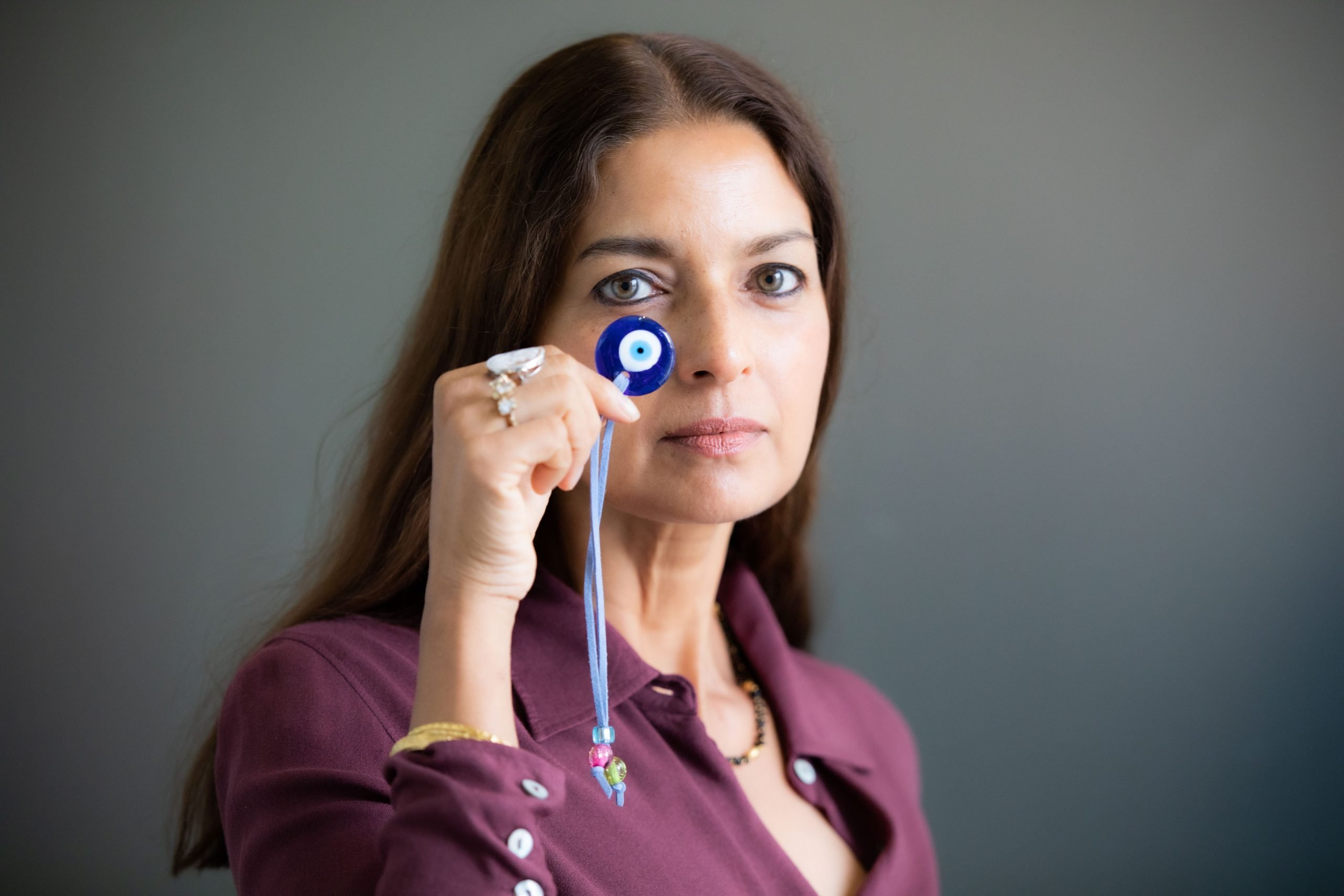
Pulitzer Prize-winning author Jhumpa Lahiri has turned down an award from the Noguchi Museum citing the Queens institution’s new policy banning staff from wearing “political dress,” including the keffiyeh, a traditional Middle Eastern head scarf that has come to symbolize solidarity with Palestinians in Gaza.
Museum representatives told me that “Jhumpa Lahiri has chosen to withdraw her acceptance of the 2024 Isamu Noguchi Award in response to our updated dress code policy. We respect her perspective and understand that this policy may or may not align with everyone’s views.”
The writer was set to be honored alongside Korean artist Lee Ufan at the museum’s October gala with the Isamu Noguchi Award. Lahiri’s decision was first reported by the New York Times. As of press time, Ufan was still slated to receive the award, and had not responded to my inquiries.
Lahiri also could not be reached for comment, but was one of the signatories in May of an open letter from scholars calling on university presidents to honor students’ peaceful protests against Israel’s war against Gaza following the October 7 Hamas attacks, which killed 1,200 people and took some 250 hostages. The letter spoke of the “unspeakable destruction” being carried out by Israel, with a death toll that has since topped 40,000.
The Noguchi Museum introduced the dress code prohibiting “political messages, slogans or symbols” on August 14, specifically in response to the attire of a trio of employees who had been regularly wearing keffiyehs since June. The policy claimed that “such expressions can unintentionally alienate segments of our diverse visitorship.”
About two thirds of the 70-person work force signed an internal petition opposing the new dress code, according to Hyperallergic.
Protests began at the museum on August 15, and the museum closed for the next three days “to reset and recharge,” according to an internal email quoted by ARTnews. On August 21, eight staff members staged a walk-out at the museum. A gathering of protestors wearing keffiyehs in the galleries followed on August 25.
On August 29, the museum fired Aria Rostami, the director of visitor services, who had reportedly disagreed with the policy, but had been enforcing it. On September 4, gallery attendants Trasonia Abbott, Q.Chen, and Natalie Cappellini refused to comply with the controversial policy. The museum terminated them too.
The newly formed organization Noguchi Museum Rights has been outspoken in its opposition to the new dress code, which it views as a form of censorship that is not in keeping with the values of the institution’s founder, Isamu Noguchi. The Japanese American designer and sculptor voluntarily resided in an internment camp for the Japanese in Arizona during World War II in an effort to improve conditions there, and made decidedly political work about issues including atomic weapons.
“Noguchi’s mission… was one of equality. And he was definitely anti-war. I don’t think he would have been excited about 2,000-ton bombs being dropped on people, let alone children. And so it’s weird that the museum is moving away from Noguchi’s legacy in this way,” Abbott, one of the fired employees, told Japanese American paper Nichi Bae News.
A 60-person protest that included former employees took place outside the museum on September 8. There have been no further protests in the weeks since, and the staff dress code remains in place.